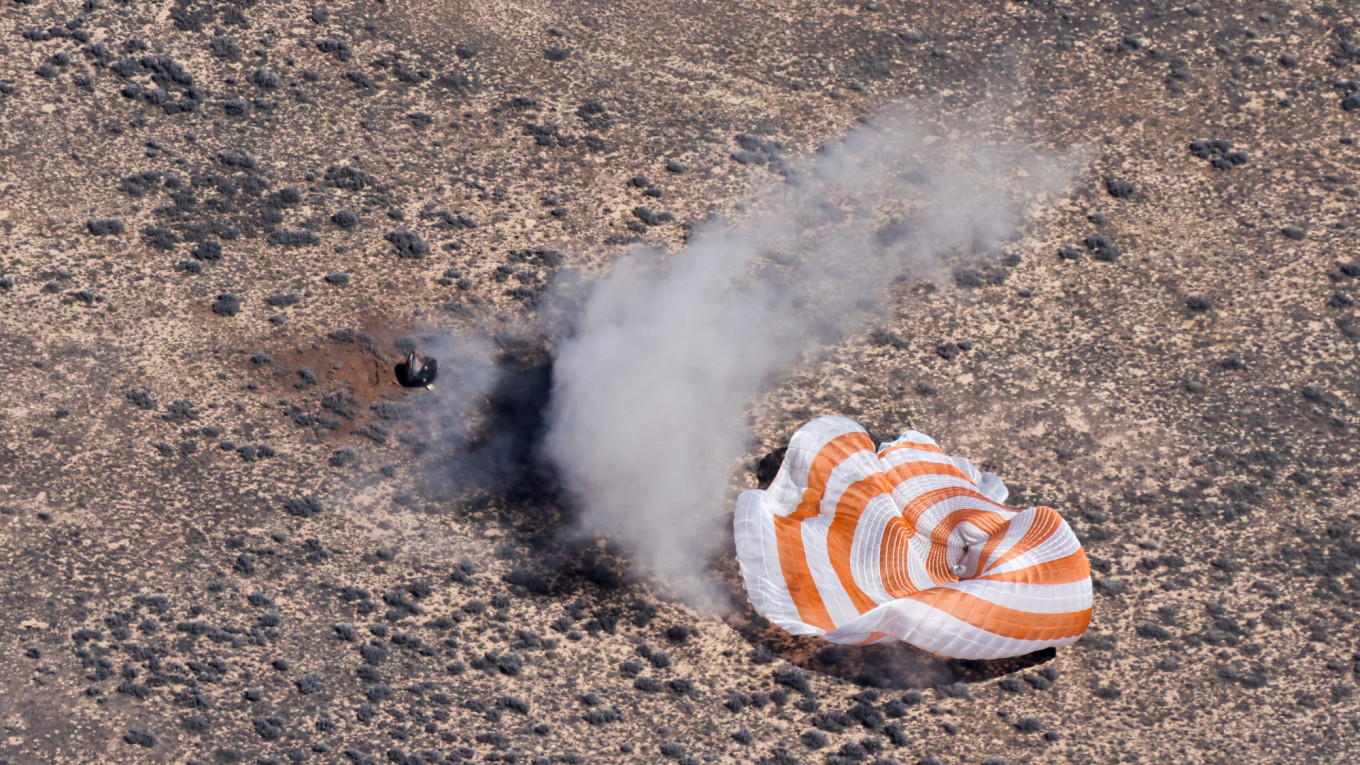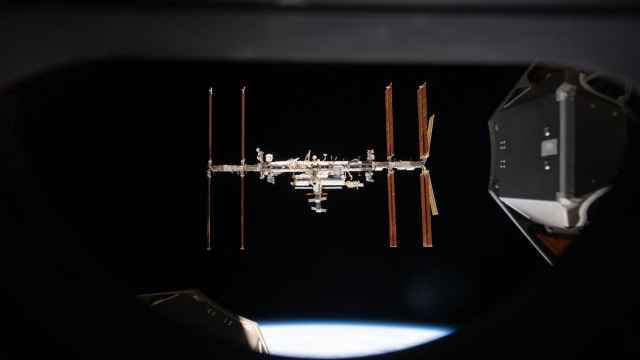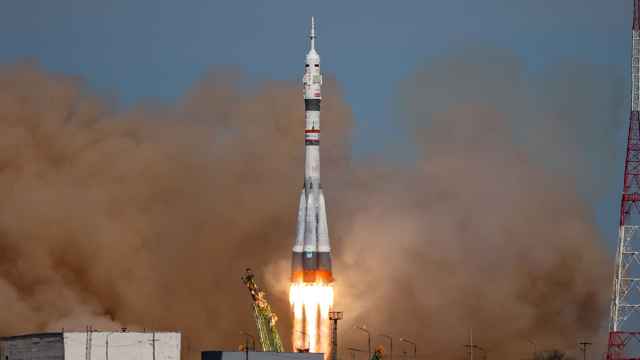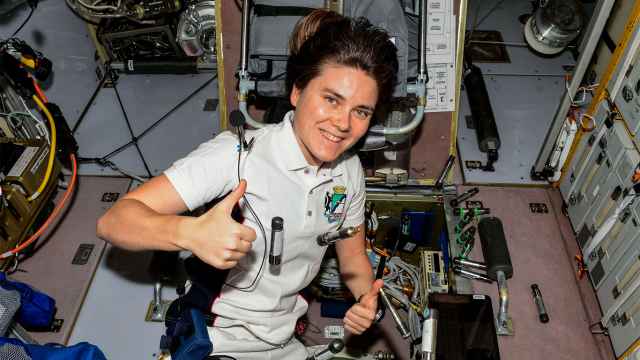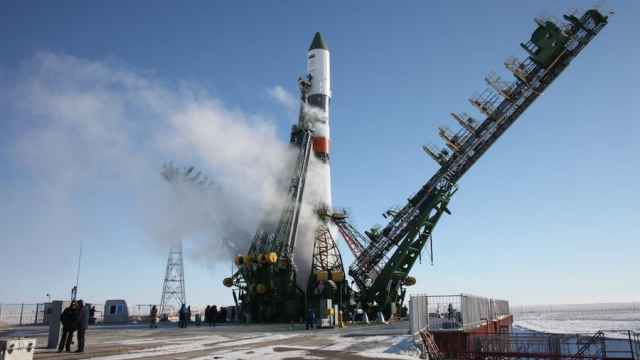A NASA astronaut, a Russian cosmonaut and Belarus's first ever space traveler on Saturday returned to Earth safely after a fortnight aboard the International Space Station, Russia's Roscosmos agency reported.
"Today, at 10:17 am Moscow time (0717 GMT), the descent vehicle of Sozuz MS-24 manned spacecraft landed near the Kazakh city of Jezkazgan," Roscosmos reported.
"The [vessel's] deorbit and its descent to Earth went off normally," the agency added.
Russian cosmonaut Oleg Novitsky and the first ever Belarusian cosmonaut, Marina Vassilevskaya, "spent 14 days in orbit," while American astronaut Loral O'Hara completed a 204-day mission.
For Vassilevskaya and O'Hara it was their first ever stint on the ISS.
In a statement, Belarus President Alexander Lukashenko congratulated the crew for the safe return from their mission.
The spacecraft took off from the Baikonur space port in Kazakhstan on March 23 after a two-day delay following a hitch in pre-launch preparations — a temporary but high-profile setback for Russia's space program that has been hit by financial problems, scandal, corruption and failure.
One recent setback was the loss of the robotic Luna-25 spacecraft in a crash on the Moon last August.
Russian-Western space cooperation has been hit by Russia's assault on Ukraine, which began in February 2022, and the international sanctions that followed.
The ISS is one rare abiding sphere of cooperation between Moscow and Washington.
But Russia's space sector is hamstrung by a lack of innovation with many of its systems reliant upon Soviet era technology — for the most part reliable but ageing.
It also has to stand up to increased competition from private companies such as billionaire Elon Musk's SpaceX.
A Message from The Moscow Times:
Dear readers,
We are facing unprecedented challenges. Russia's Prosecutor General's Office has designated The Moscow Times as an "undesirable" organization, criminalizing our work and putting our staff at risk of prosecution. This follows our earlier unjust labeling as a "foreign agent."
These actions are direct attempts to silence independent journalism in Russia. The authorities claim our work "discredits the decisions of the Russian leadership." We see things differently: we strive to provide accurate, unbiased reporting on Russia.
We, the journalists of The Moscow Times, refuse to be silenced. But to continue our work, we need your help.
Your support, no matter how small, makes a world of difference. If you can, please support us monthly starting from just $2. It's quick to set up, and every contribution makes a significant impact.
By supporting The Moscow Times, you're defending open, independent journalism in the face of repression. Thank you for standing with us.
Remind me later.


